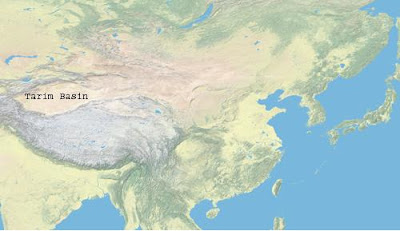Japan baby-stepping towards Gender Equality
The Convention on the Elimination of All Forms of Discrimination against Women (CEDAW) was adopted by a meeting of the U.N. General Assembly in 1979, and was ratified by Japan in 1985. This convention stipulates the equality of women and men in political and public activities, and calls for the prohibition of sexual exploitation of women and inequality in access to education and employment, as well as that of discrimination on the basis of sex in marital and family relations.
In the years since, a number of related laws have been enacted by the Japanese government. These include the Equal Employment Opportunity Law in 1985, and laws requiring both boys and girls to take a homemaking course in middle school and high schools, enacted in 1993 and 1994 respectively.
Many issues remain, however. Last July, the CEDAW screened a report presented by the Japanese government at the U.N. headquarters in New York, where it singled out areas in which the latter were considered to have fallen short of addressing problems linked to gender discrimination. Among these were the failure to conduct in-depth discussion on the need to revise the Civil Code, which leads to the discriminatory treatment of children born outside of marriage in inheritance procedures; it moreover took note of what it regards as Japan's retrogressive gender equality education and sex education, as well as a slow pace of improvement in women's social participation. Regarding the last, Japan has ranked 58th among 108 countries on the most recent U.N. index, making it one of the lowest among industrially advanced nations.
At the abovementioned screening, it was commented that most of the Japanese government officials "made a point of repeating prepared, boilerplate explanations of systems and laws in response to the various questions posed...Several CEDAW members pulled the translation headphones out of their ears, apparently because they were so disgusted."
Thankfully, though, the Japanese government appears to be taking some of the criticism to heart, their bid for a permanent seat on the U.N. Security Council notwithstanding. As of September 28, married couples to (possibly) be given the right to use separate surnames!
Source used:
Mihoko Tsukino, "Gender equality long overdue; U.N. set to rap govt stance on women's rights, marriage law, education", The Daily Yomiuri (Tokyo), July 30, 2009
- Submitted by R. Whang (CAS '11)


Comments
Post a Comment
We follow the House Rules as outlined by the BBC here.